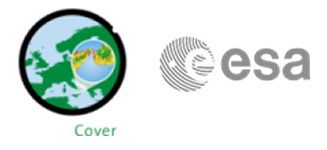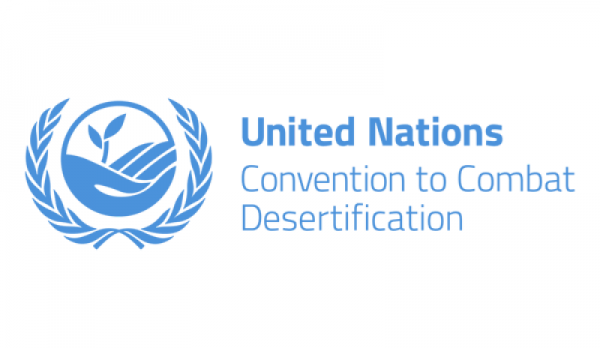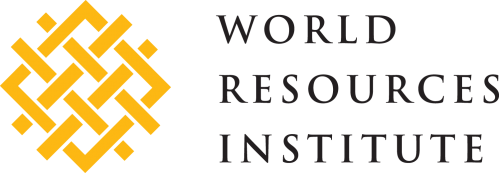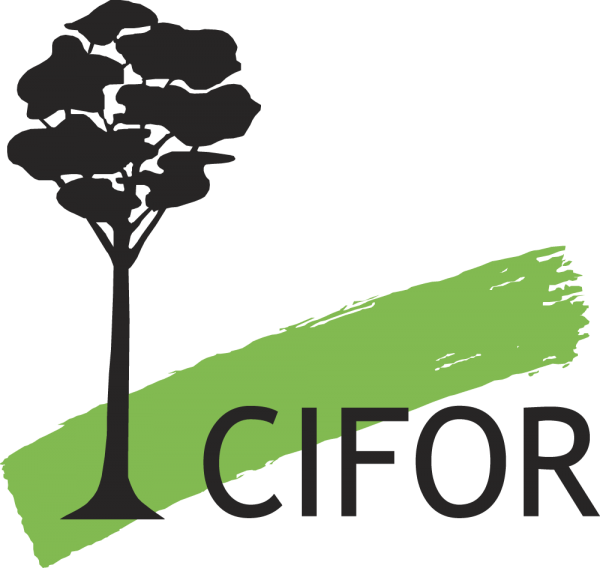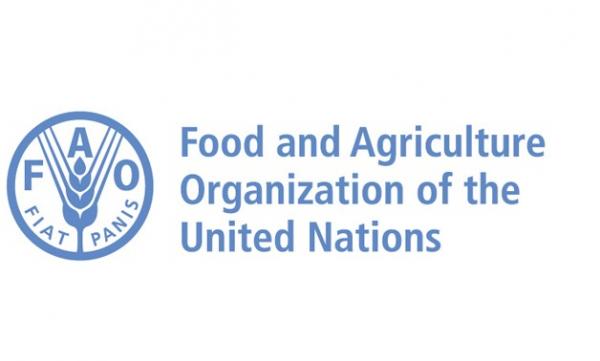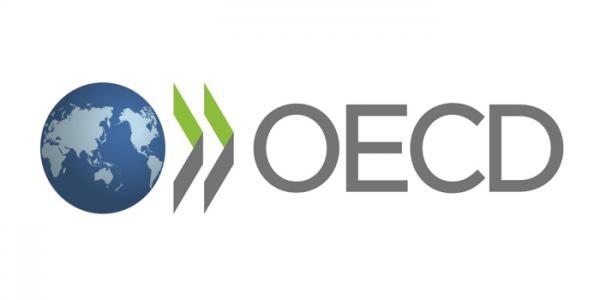A crucial aspect for WorldCover was the involvement of several end users active in different domains who provided primary input for all engineering aspects and followed the whole project workflow from design up to validation and uptake.
Our 5 key users were UNCCD, WRI, CIFOR, FAO & OECD.
In addition to the five key users, also a wider network of other potential user organizations have expressed their support to WorldCover: SwissRe, CSIRO, IIASA, IFPRI, Ferrero Trading Lux S.A., Avia-GIS, GEO BON and GEOGLAM.
United Nations Convention to Combat Desertification
The United Nations Convention to Combat Desertification (UNCCD) is the sole legally binding international agreement on land issues. The Convention works, with partners, to promote good land stewardship. Its 197 Parties aim to achieve land degradation neutrality (LDN) through voluntary national targets. The UNCCD is the custodian agency for monitoring and reporting for Sustainable Development Goal (SDG) indicator 15.3.1, which it undertakes with the Group on Earth Observations (GEO) LDN Initiative.
World Resources Institute
World Resources Institute (WRI) is a global research organization that spans more than 50 countries, with offices in the United States, China, India, Brazil, Indonesia and more. WRI’s more than 700 experts and staff work closely with leaders to turn big ideas into action to sustain our natural resources—the foundation of economic opportunity and human well-being. WRI’s work focuses on six critical issues at the intersection of environment and development: climate, energy, food, forests, water, and cities and transport. Flagship programmes include Global Forest Watch and Global Resources Watch.
Centre for International Forestry Research
The Centre for International Forestry Research (CIFOR) is a non-for-profit organization that conducts research on the most pressing challenges of forest and landscape management around the world. Using a global, multidisciplinary approach, they aim to improve human well-being, protect the environment, and increase equity. To do so, they conduct innovative research, develop partners’ capacity, and actively engage in dialogue with all stakeholders to inform policies and practices that affect forests and people.
Food and Agriculture Organization
The Geospatial Unit (CBDS) and Land and Water Division (CBL) at the Food and Agriculture Organization (FAO). FAO is a specialized agency of the United Nations that leads international efforts to end hunger. Its goal is to achieve food security for all and make sure that people have regular access to enough high-quality food to lead active, healthy lives. With over 194 member states, FAO works in over 130 countries worldwide. FAO is also a source of knowledge and information, and helps countries in their efforts towards sustainable agriculture, forestry and fisheries practices, ensuring good nutrition and food security for us and future generations.
Organisation for Economic Co-operation and Development
The Organisation for Economic Co-operation and Development (OECD) provides data and policy advice to its 36 member countries and other partners across topics including finance, taxation, entrepreneurship, trade, environment, agriculture, regional development, education, labour, health, social affairs, etc. It emphasises evidence-based policymaking, peer learning and benchmarking for better policy-making.
